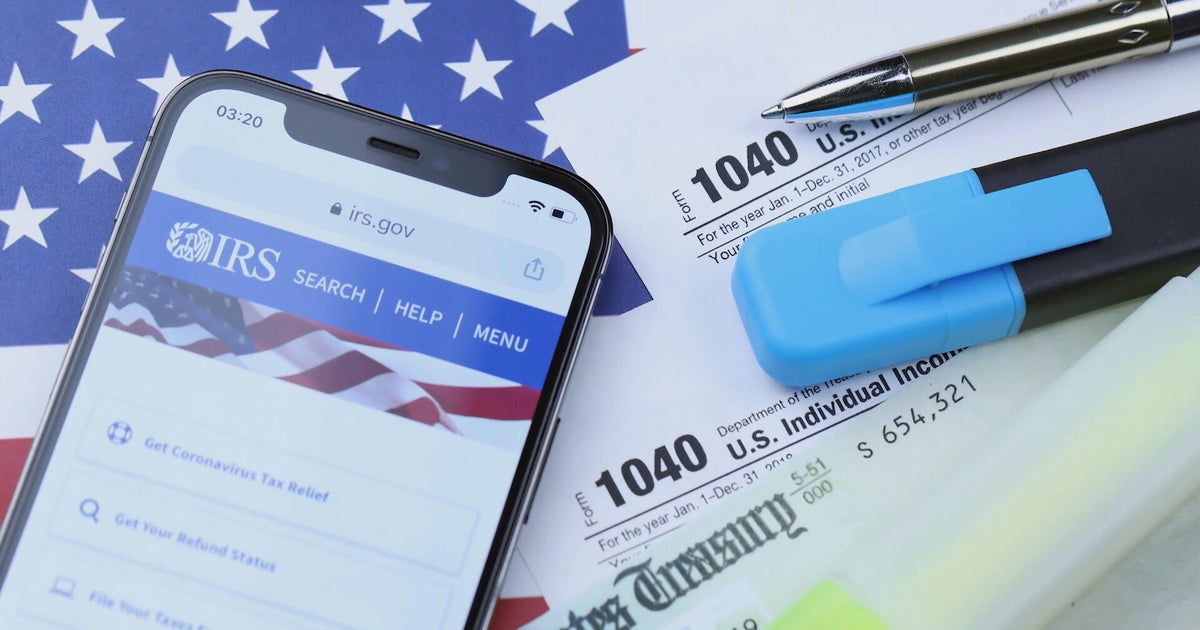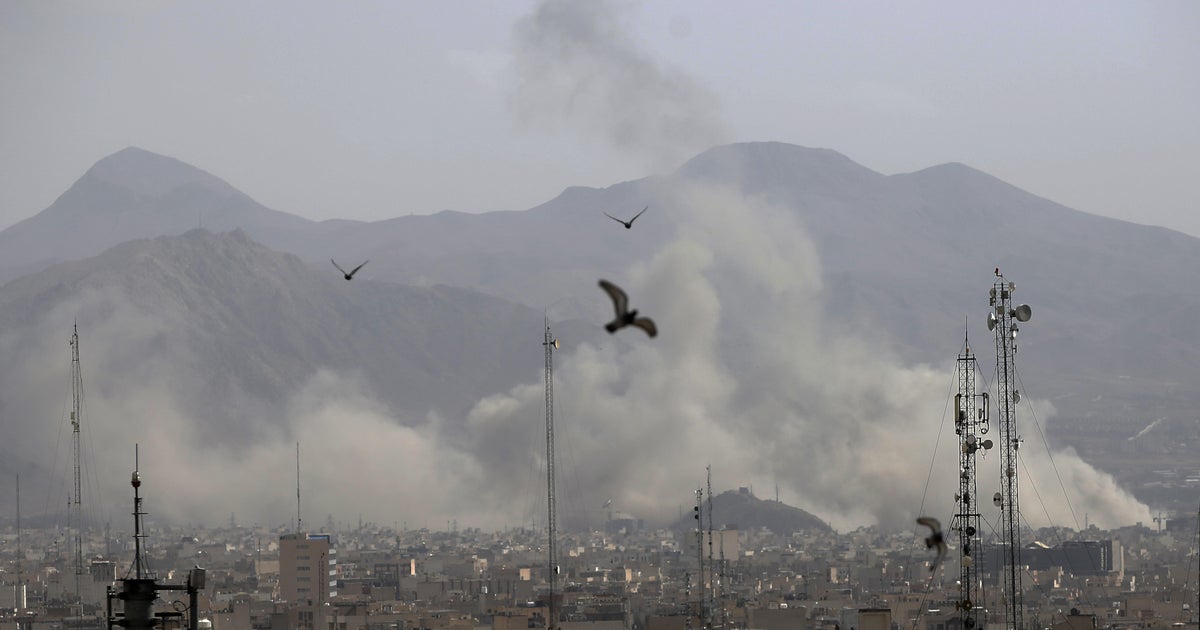Avoid charity fraud: Advice on how to give without being taken
Americans donated more than $400 billion to charity last year, a record high. Unfortunately, that generous impulse also puts people at risk for potential scams.
Fortune magazine's senior editor at large Leigh Gallagher visited "CBS This Morning" with some tips on how to avoid fraud when giving, and how to target your charity to have the greatest impact.
After a natural disaster
In the aftermath of disasters, such as the wildfires that have destroyed communities in California, people want to give, but how do they know to give to the right place?
"There's an incredible urge [to help]; this is called episodic giving," Gallagher said. "It doesn't impact other giving, it strikes at the heart strings for obvious reasons, and it's so easy to give online these days."
But she cautions, "You have to be really careful, especially after natural disasters, that's exactly when you see fraud strike. There's a lot of opportunists out there who'll be springing up with charities that sound legitimate but aren't."
Before donating to a charity:
- Make sure it is a registered public 501(c)(3) nonprofit
- Know the organization's mission, goals, and past success
Gallagher recommends looking up a charity you are thinking of donating to on Charity Navigator, Charity Watch, the Better Business Bureau's Give.org or other ratings agency, to find out if they are legitimate. "Sometimes you might need their employee identification number (EIN), but you should be able to get that," she said.
Questions to ask a charity should include, "What is your mission?"
"If they can't answer that, that's a real red flag," Gallagher said. "Why are you doing this? What's your history?
"You should also ask yourself, what means the most to me? This is your money."
Giving cash is best
Nothing is better than cash, especially in the aftermath of a disaster. Donating clothes or other goods is impractical, no matter how well-intentioned.
"Sometimes the distribution channels in the case of a natural disaster are totally upended. So your stuff might not be able to get there," said Gallagher. Also, "It may not be exactly what's needed – you may have men's clothes, they may need women's clothes.
"What these charities need most above everything else is cash. Your clothes are great for the local Goodwill. There's lots of things you can do with that. But your money is what they need. Even $5 or $10. We know the internet can magnify giving, so every little bit counts."
Making an impact
Gallagher suggests dividing your charitable giving into "buckets" targeting:
- Global causes
- Local causes
- Random favors
And to make the strongest impact she said, "Really think about what means a lot to you. In addition to disaster giving, we do think that regular giving is going to be up – the economy's doing well, there's a sense of people giving gifts with purpose, people are giving donations as gifts."
Dividing your charitable giving into "buckets" means you will decide what you're going to give throughout the year based on, "I'm going to give this much to something that changes the world, and then this much in my local community because that really impacts the people around you, and then you have to reserve some for the people in your office who are running marathons and everything. That's the random favor, and those add up! I love to really make sure that when someone comes to me I can, no problem, give to every person in my office that is doing something like that, because it's great and you want to support it."
See also:



